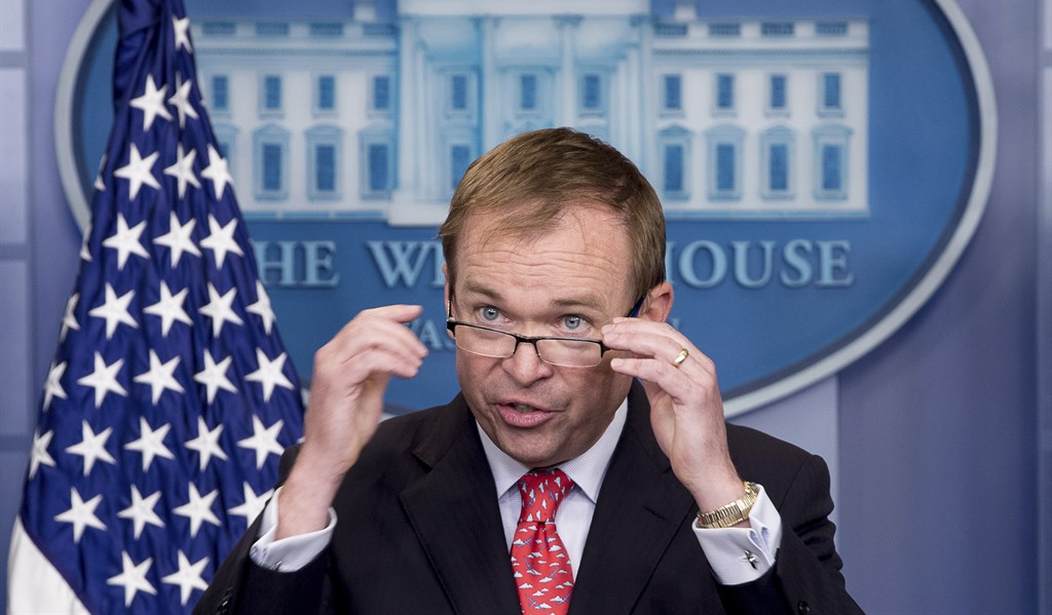Even though the federal hiring freeze is technically over, the executive order instructing all departments to prepare plans for downsizing is still in place and plans are underway to move forward with shrinking the federal behemoth. While this comes as a relief to small government conservatives and budget hawks, there’s one group which is obviously upset about this and it’s the various public employee unions “representing” most of the federal work force. (Actually they’re busy collecting money for the Democratic Party, but let’s not quibble over technicalities.) As Government Executive reports this week, union leaders are busy setting up their list of demands for how they will be involved in the process and direct how it’s done, but the fact is that they really don’t have any leverage over it.
Federal employee union representatives are hopeful that agency leaders will consult with them early in the process of developing workforce reduction plans mandated by the Trump administration, but acknowledged in interviews with Government Executive that they have no way of forcing agencies to do so because it is not a legal requirement. Indeed, unions’ strongest leverage for protecting their members during the executive branch reorganization effort may result from lobbying Congress.
Unions have some reason to be optimistic that agency managers will consult with them as they draw up their downsizing plans, required by Office of Management and Budget Director Mick Mulvaney in guidance last month. OMB Senior Adviser Linda Springer told Government Executive in a separate April interview that agencies’ political leadership will rely on career staff as they put together their strategies.
Jacque Simon, the policy director for the American Federation of Government Employees (one of the biggest inside the Beltway) is quoted heavily in the article, accusing the OMB under Mick Mulvaney of sending mixed messages and wanting to “detonate” some agencies such as the EPA. But at the same time she’s talking about how important it is to have the workers (and presumably their union reps) heavily involved in the conversation and any decisions about cutting back on staffing.
Obviously they would say that. If the unions could have their way they would double the size of the federal workforce tomorrow. Why would they care if it blows the budget apart? They’re all working with other people’s money so there are no consequences. (Those “other people” would be you, the taxpayer.)
Meanwhile, the head of the National Treasury Employees Union (NTEU) is busy working on golden parachutes.
If reductions in force are ordered, then NTEU plans to push for ways to help those who lose their jobs find new federal positions or secure financial compensation or early retirement.
“NTEU would work to safeguard employees,” he said. “In the case of reductions in force, NTEU would work to ensure priority placements, early outs or buyouts and use other mitigation tools as provided under current law to protect employees.”
This is just another sign of people who have been working in the untouchable arena of government employment for so long that they are completely out of sync with the realities of the rest of the country. Pushing to move government workers from one job in Washington to another if cuts are called for doesn’t do anything to achieve the objective of reducing the size of government and cutting costs. You’re just shuffling the problem from one desk to another. As for buyouts, early retirement and “mitigation tools” for departing workers, welcome to the party, pal. When there are layoffs in the real world, people generally go on unemployment while they look for a new job. Nobody is buying them out or giving them more than a few weeks severance pay if they’re lucky. You really need to get out of this mindset.









Join the conversation as a VIP Member